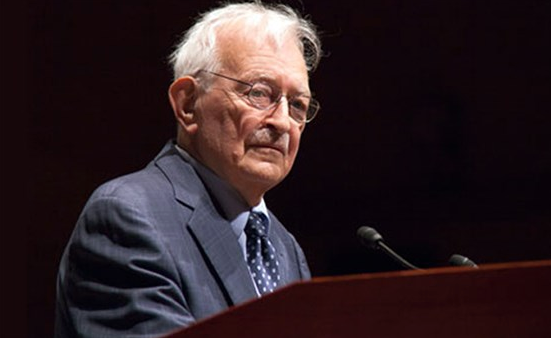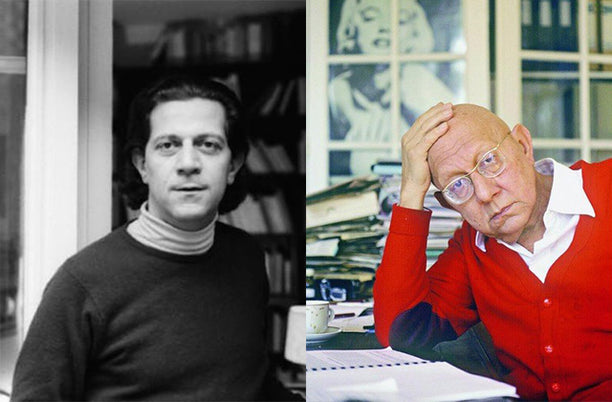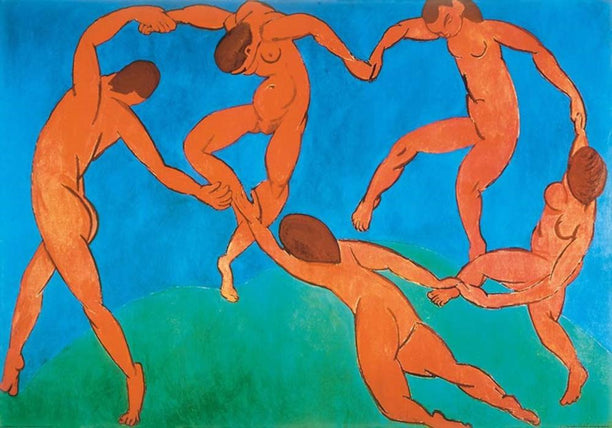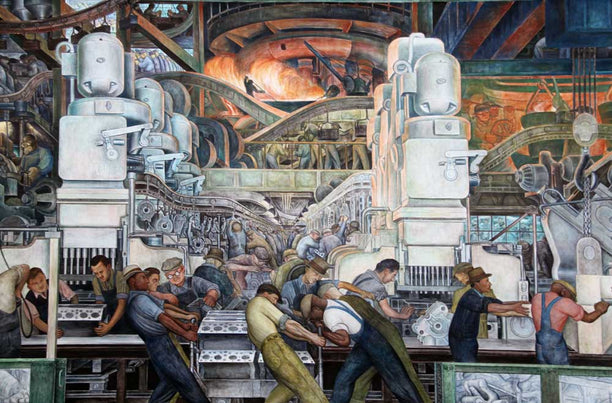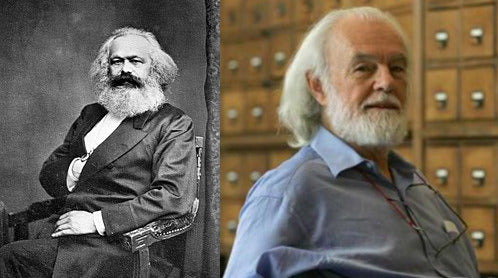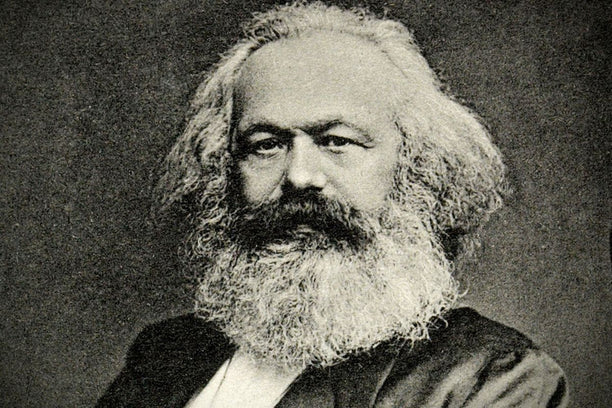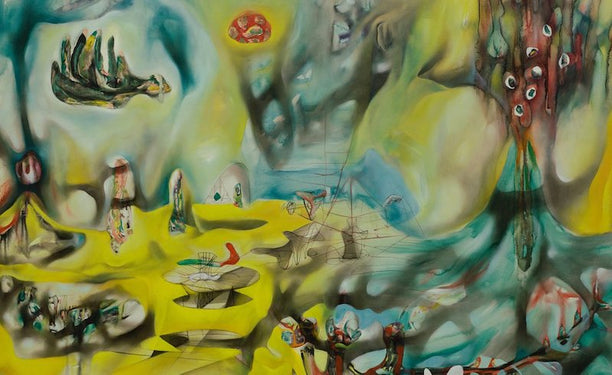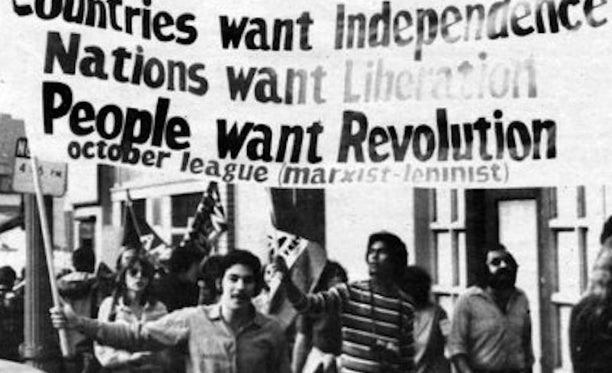
The Global Left: Past, Present, and Future
On the 31st August, renowned sociologist and the inaugurator of world-systems analysis Immanuel Wallerstein died aged 88. In this, a seminal late work published here in English for the first time, Wallerstein traces the contours of of the Western left both in the past and its future. In doing so, he raises fundamental questions about the left's relationship with internationalism, and asks how the left can chart a new way forward in the twenty-first century.
